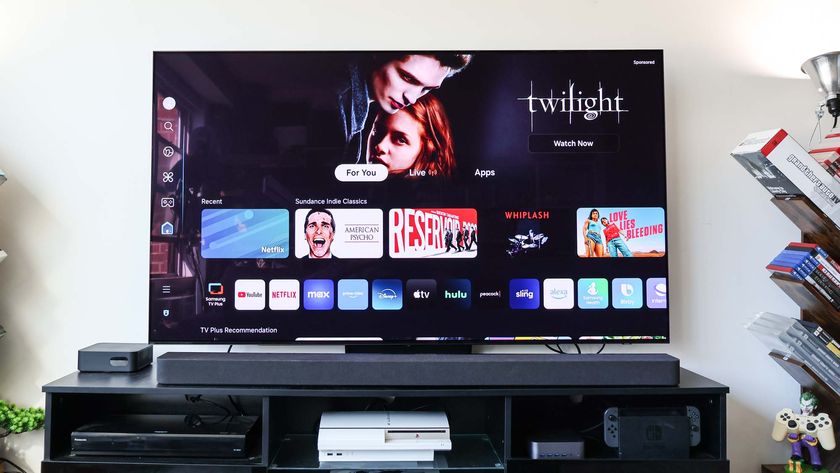MacBook Pro 2021 with mini-LED has me excited for the future of laptops
Windows laptops could learn a lot from the upcoming Apple MacBook Pro 2021 — here’s why
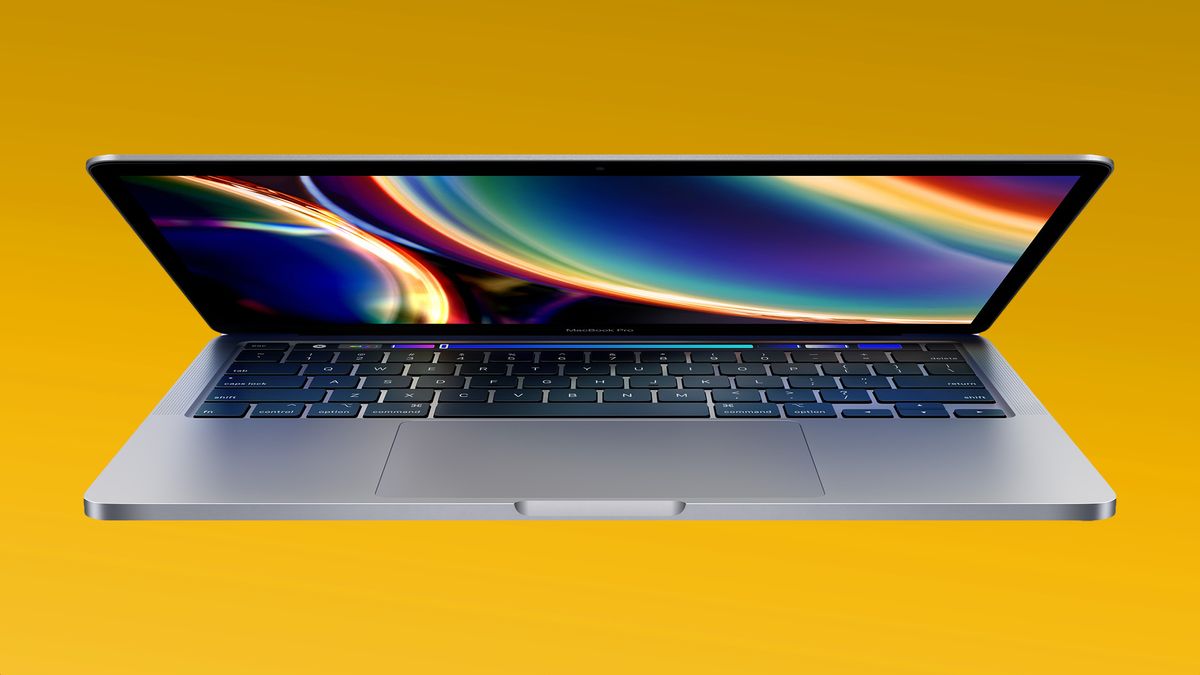
Going by the rumors so far, we can expect the MacBook Pro 2021 to boost a new design, a more powerful take on the Apple M1 chip in the form of the M1X, potentially more ports and the return of MagSafe charging. It's also tipped to get a mini-LED display.
And it’s the final bit that excites me. But not because such a display could be a notable upgrade on the Retina displays on current MacBooks, though it could be. Rather, I’m more excited by how this move could influence the wider laptop world and persuade Windows laptop makers to follow Apple's lead.
- New MacBook Pro 2021 rumors — 5 biggest upgrades we expect
- Mac mini 2021 could be coming — but these upgrades don't seem like much
- Plus: Google Chrome just got a killer time-saving upgrade — how to try it now
According to the latest research note by Apple analyst Ming-Chi Kuo, as seen by MacRumors, Apple’s adoption of mini-LED displays could have a knock-on effect on production of the display tech.
“We believe that MacBooks, not iPads, mainly drive Mini LED panel shipments. MacBook shipments have not grown much in the past few years,” Kuo wrote. “However, we expect MacBook shipments to grow significantly by 20% YoY, or more in 2021 and 2022, due to the adoption of Mini LED panels, Apple Silicon, and all-new designs.”
The next-gen MacBook Pros could help boost mini-LED production overall and make it more cost-effective for other laptop makers to swap their LCD screens for mini-LED.
This growth of mini-LED displays, which deliver better brightness, contrast and colors via an array of small LEDs on the back panel, is promising news for the laptop world. Most laptops sport LCD displays, which, while often very good, can’t quite deliver the brightness and deep contrast of OLED or mini-LED displays. While the screens on gaming laptops have higher refresh rates, they're arguably due some new tech to take the experience to the next level, and mini-LED could be the answer.
Neither mini-LED or OLED screens are actually particularly new technology, having been in TVs for some time. But they’re more expensive to produce than LCD displays, and that's particularly true of OLED displays used on devices larger than smartphones. That probably explains why our picks for the best OLED TVs aren’t exactly cheap, and why precious few laptops use OLED panels, with the Dell XPS 13 OLED and Asus Zenbook 13 OLED among the exceptions.
OLED also poses a risk of burn-in, whereby the organic nature of the pixels leaves a residual ‘ghostly impression' of an image that was previously on the screen for some time; a taskbar icon, say.
Sign up to get the BEST of Tom's Guide direct to your inbox.
Get instant access to breaking news, the hottest reviews, great deals and helpful tips.
Smartphones tend to be upgraded every couple of years and feature a lot of moving icons, meaning burn-in isn't so much of a factor. But laptops tend to have a longer life and have more static images to contend with, meaning OLED is arguably not the best panel option for their displays. Mini-LED, though, doesn’t present burn-in problems, making it the next logical upgrade for laptop screens.
Apple may not be the innovator it once was, but it has a lot of market influence. So if it does indeed adopt mini-LED displays for the next-gen MacBook Pros then it could help boost mini-LED production and make it more cost-effective for other laptop makers to swap LCD screens for mini-LED.
However, my colleague Jess Weatherbed over at TechRadar doesn't believe this will happen any time soon. I tend to agree; we’re likely to see LCD panels get better before the market rushes to get mini-LED panels.
But at the same time, I feel Apple’s alleged mini-LED ambitions could be the first gust of a wind of change for laptop screens, particularly for devices aimed at professional photo and video editors, so-called creators and high-end laptop gamers. Such devices might be a luxury, but I’m all for them, as I’ve often been let down by powerful laptops that have worse displays than my smartphone.
If nothing else, I’d like to see the likes of Dell adopt mini-LED displays over OLED panels, as it too has some market clout. And come, say, 2024 we could start to see the LCD displays in laptops wane and make way for better tech.
Roland Moore-Colyer a Managing Editor at Tom’s Guide with a focus on news, features and opinion articles. He often writes about gaming, phones, laptops and other bits of hardware; he’s also got an interest in cars. When not at his desk Roland can be found wandering around London, often with a look of curiosity on his face.
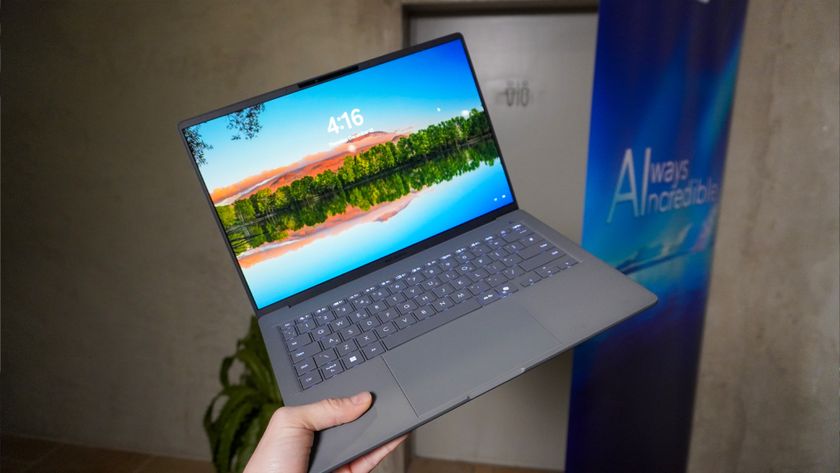
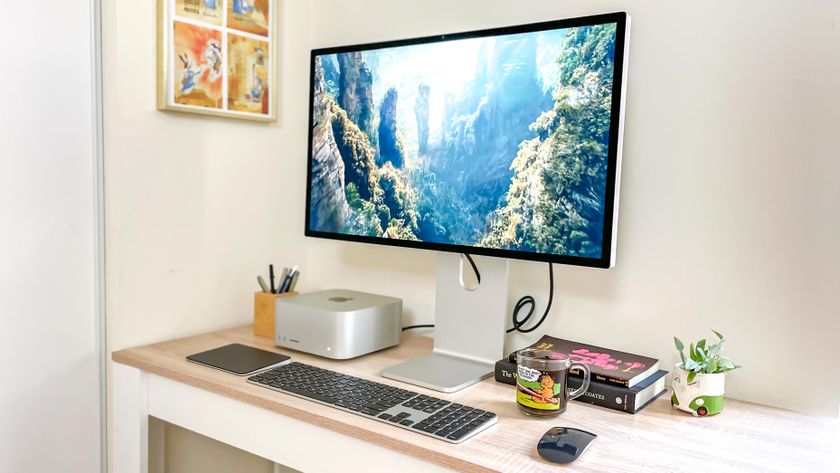
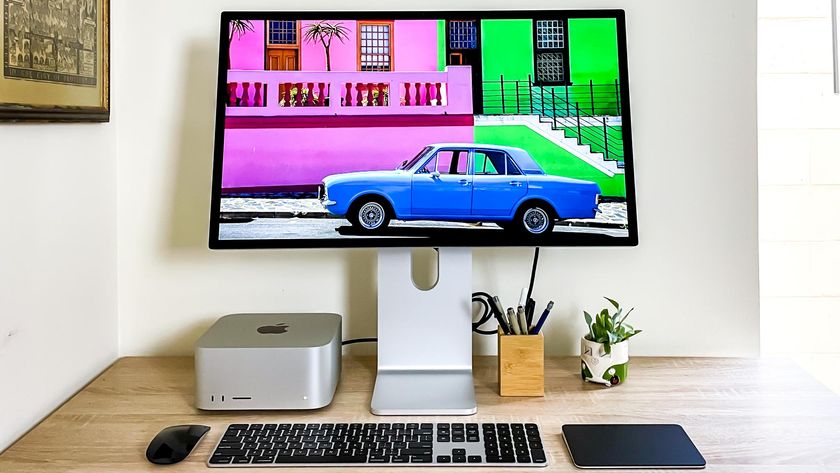
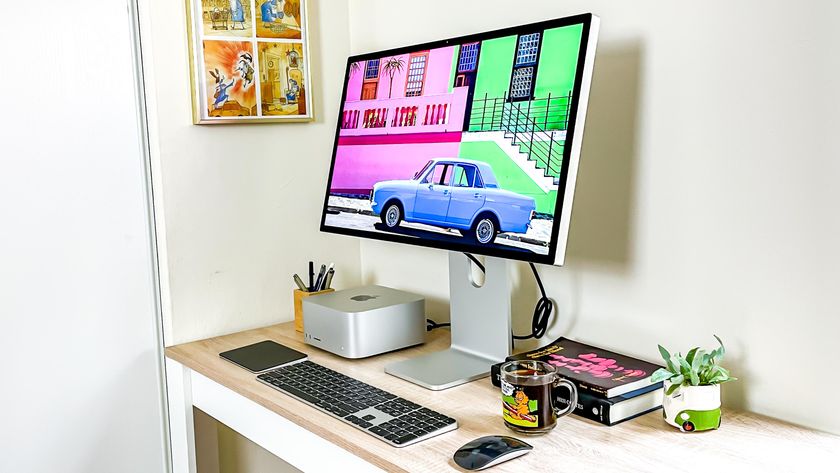
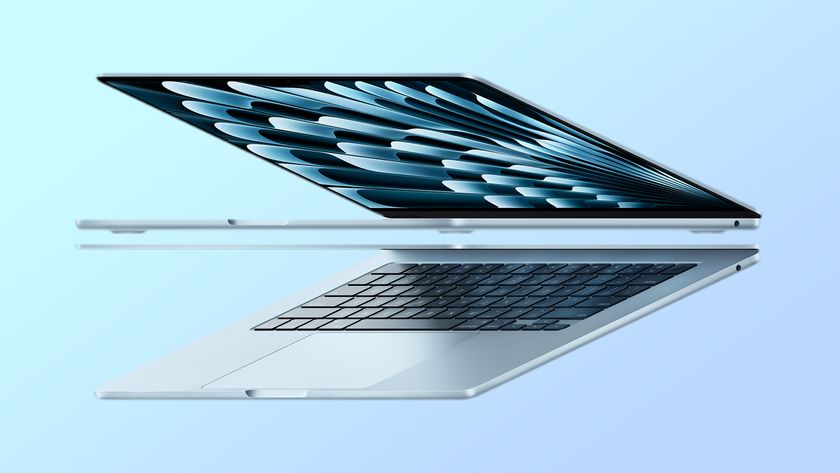
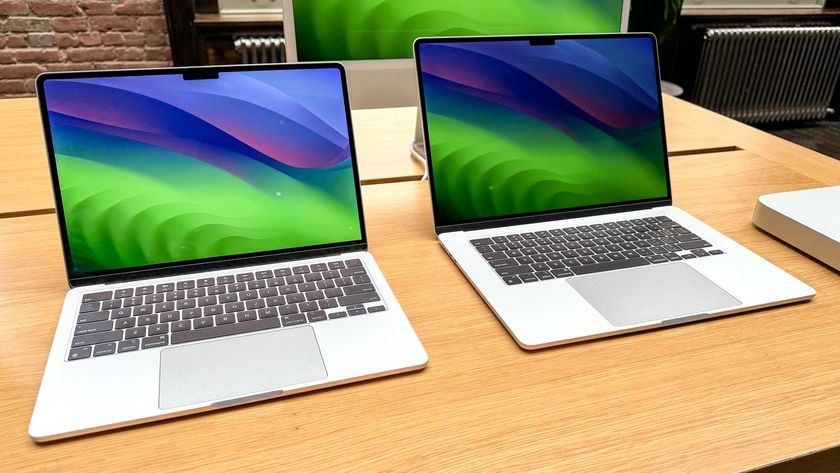
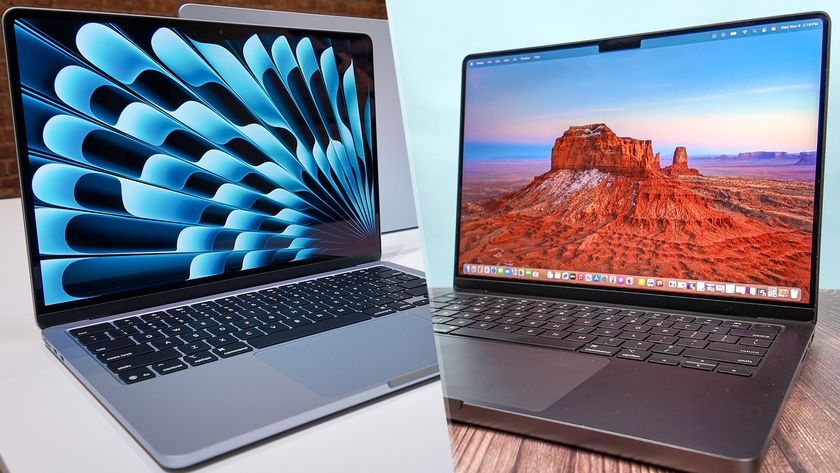
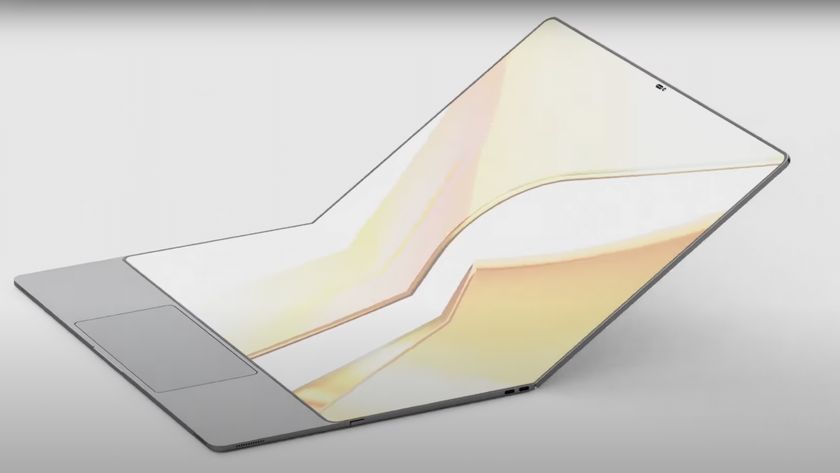
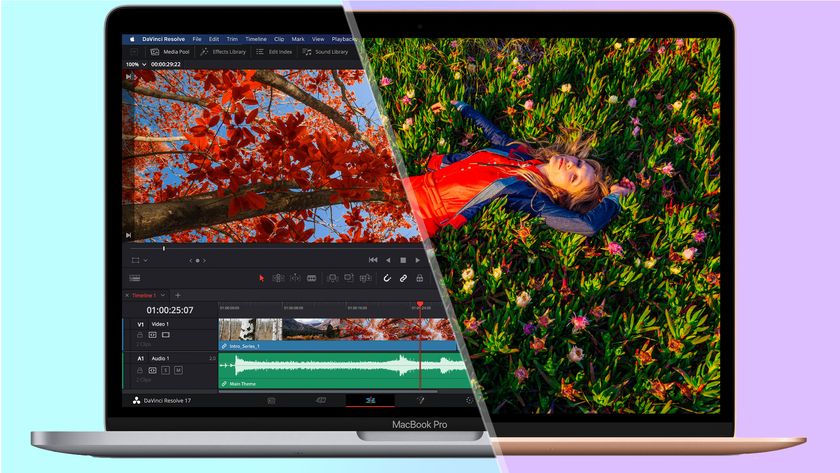
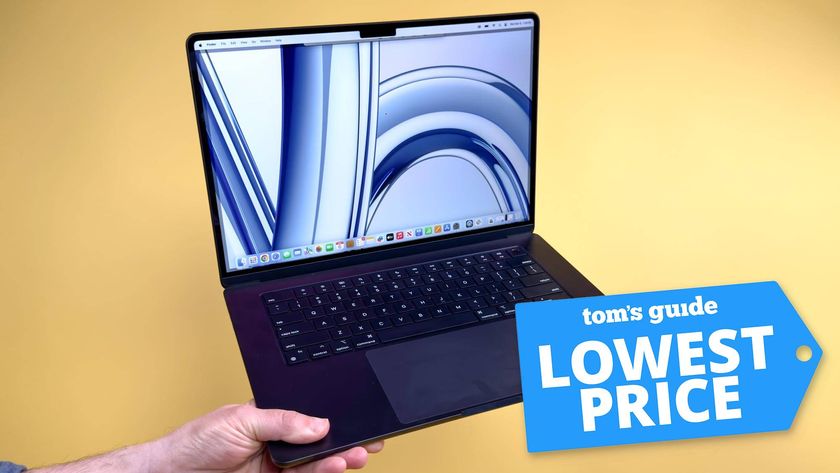

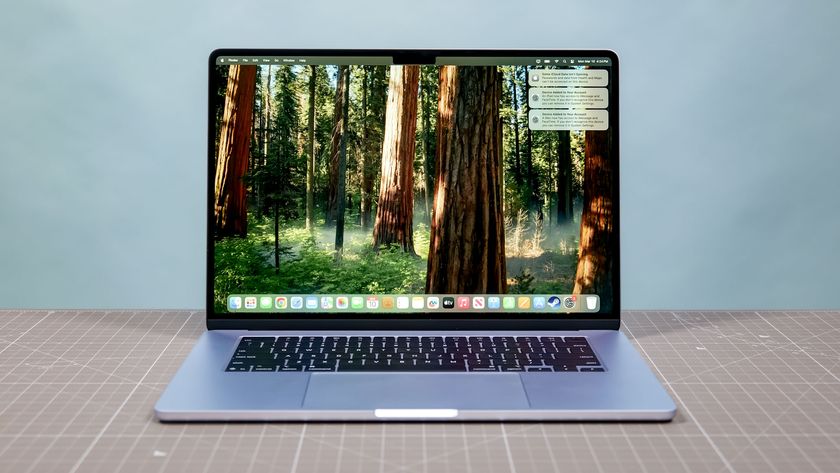
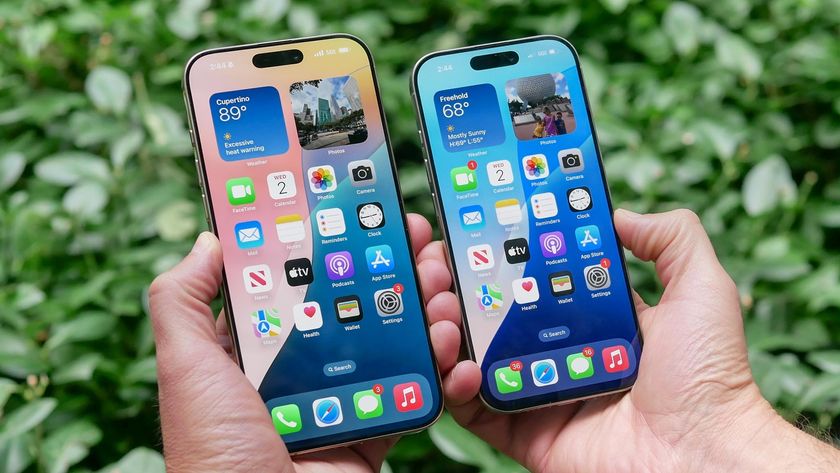
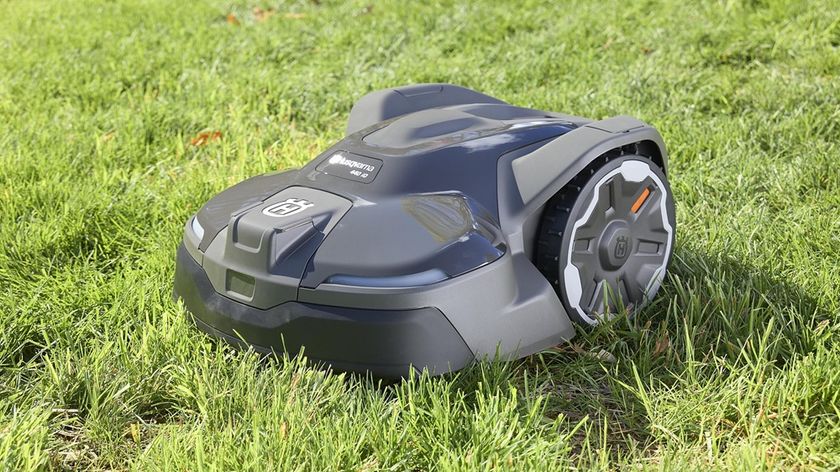
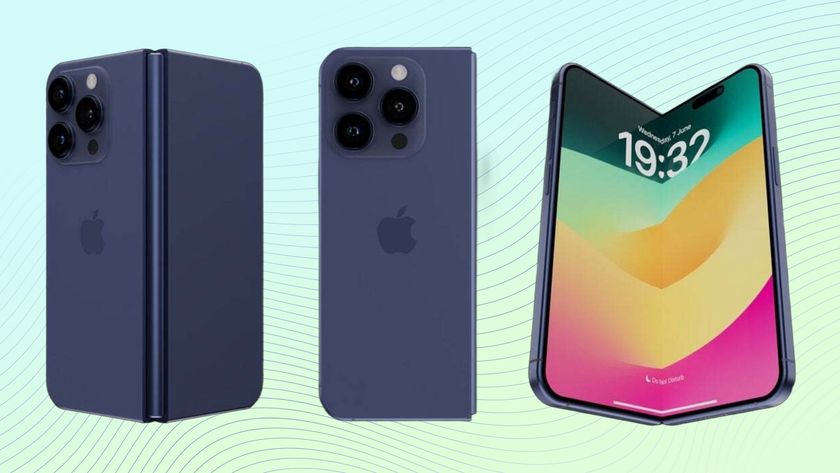
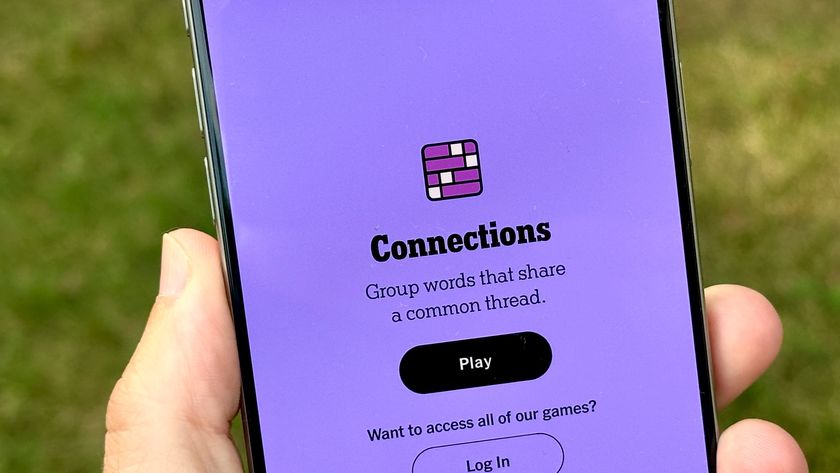

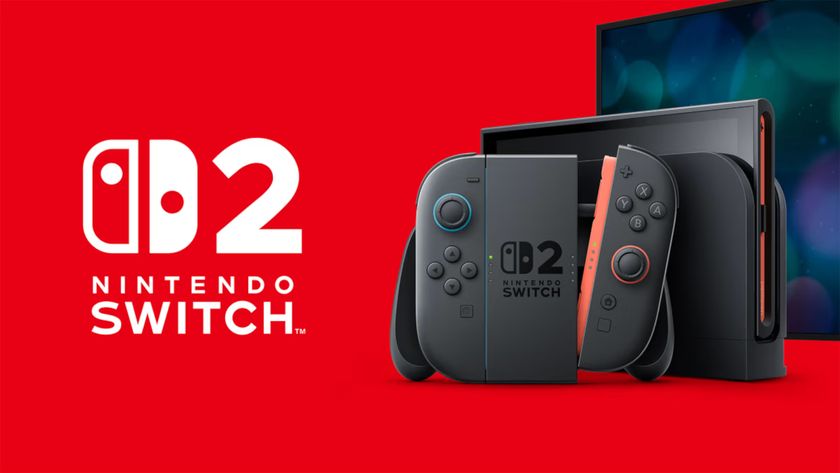
-
vadax2 If this laptop comes out with mini-LED and the accompanying high brightness, I may just have to order one. I don't like macOS, I don't like Apple's recent about-face on privacy, or the tightly controlled wallet garden. The stalled development on Safari and the overal lackluster development experience on the Apple platform. Despite all that, there doesn't seem to be a better option on the market.Reply



